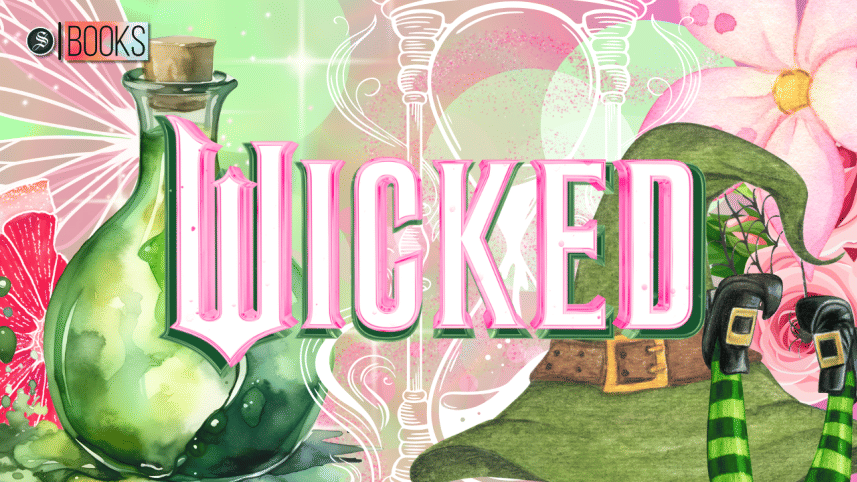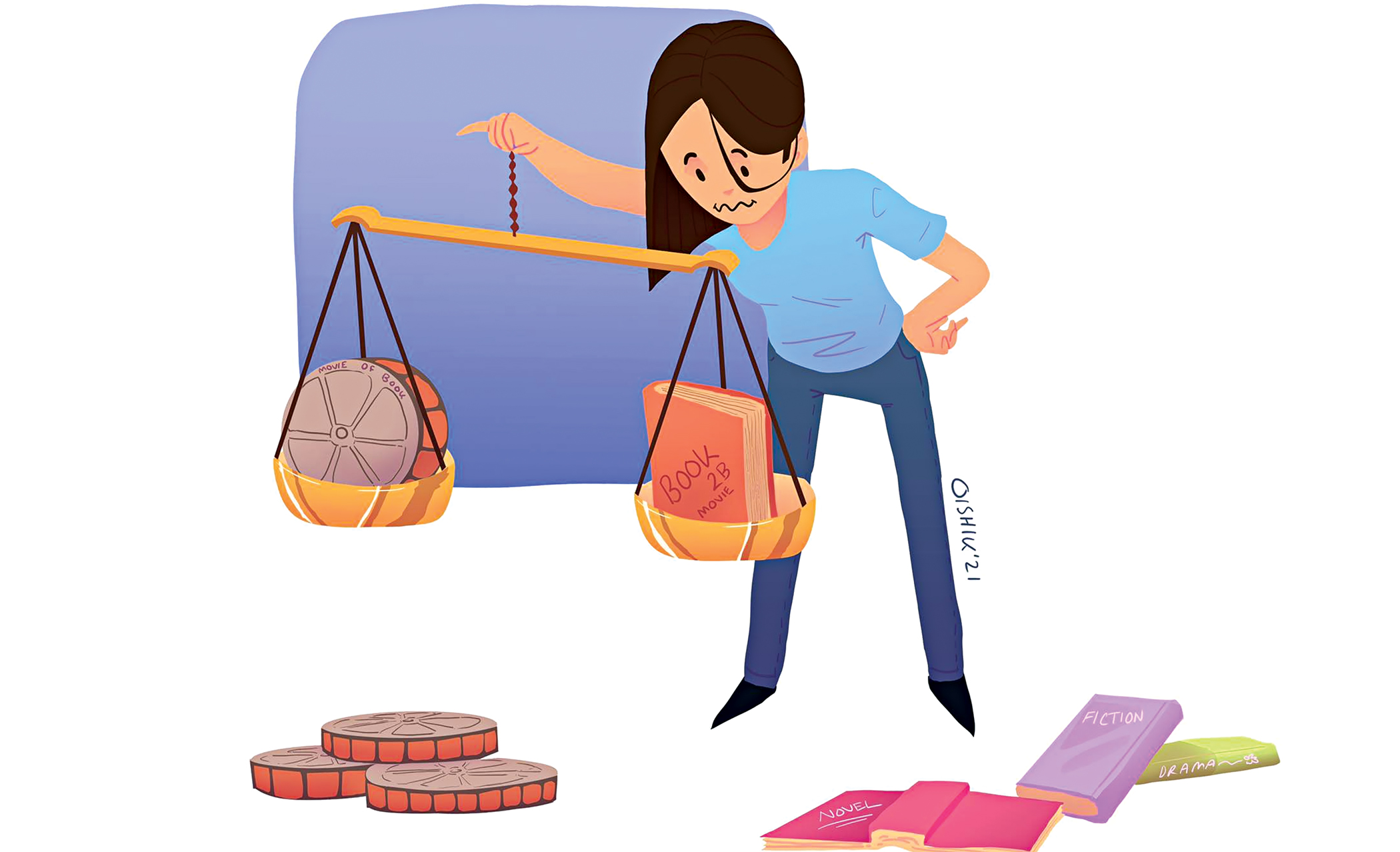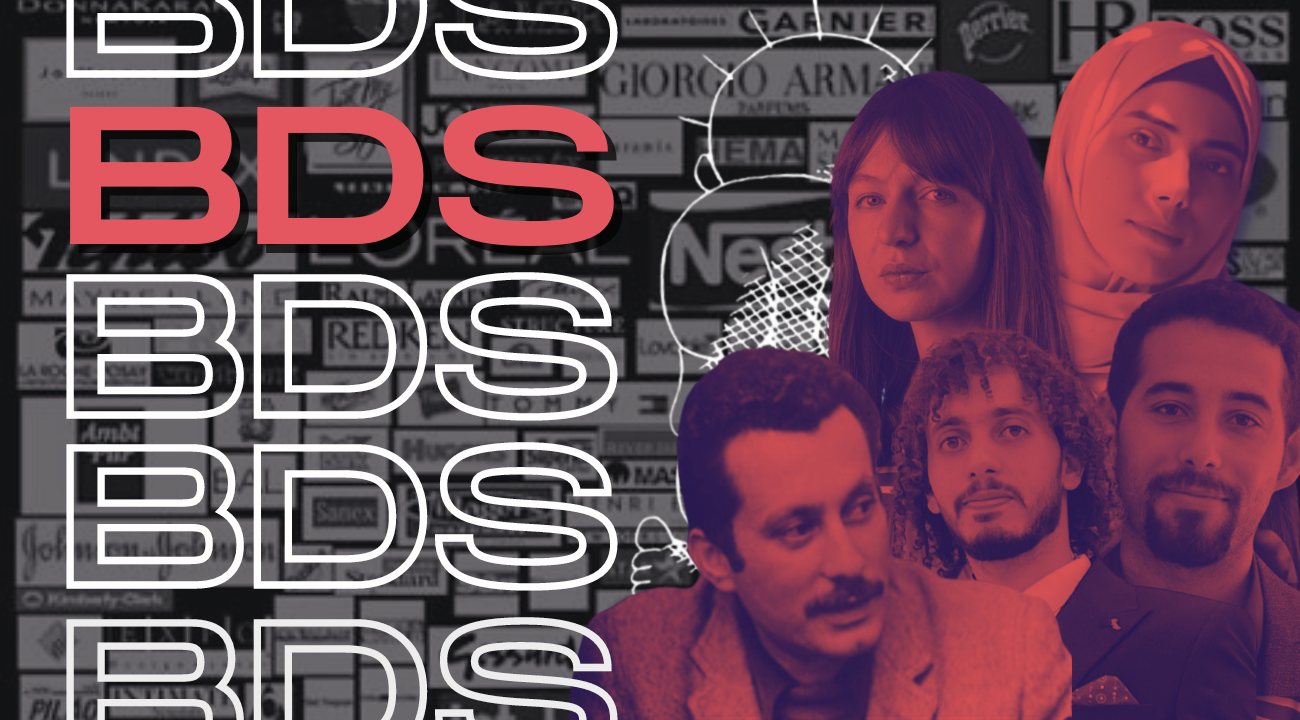Fascism, propaganda, and resistance: ‘Wicked’ as a mirror to our times

"The best way to bring folks together is to give them a real good enemy."
— 'The Wizard of Oz, Wicked: Part 1'
In his 1900 novel, The Wonderful Wizard of Oz, L Frank Baum transports readers to a fantasy land that encourages independence, self-discovery, and adventure. As young Dorothy navigates Oz, she befriends magical creatures, defeats a witch, and relies on her friends and inner strength to return home, transforming Oz into a beacon of possibility and empowerment for both herself and the readers.
Baum's novel and its sequels were major literary phenomena in their day. However, Oz persists primarily through the many adaptations of the books, which established the series' enduring iconography. Baum's world is best remembered as it appeared on screen, particularly in the 1939 film starring Judy Garland as Dorothy, which is celebrated for its music and revolutionary use of Technicolour; songs like "Over the Rainbow" and visuals such as the Yellow Brick Road have become the franchise's most memorable features. With the 1956 entry of The Wonderful Wizard of Oz into the public domain, new, noncanonical works have emerged, allowing subsequent generations to iterate on these hallmarks and tell their own Oz stories.
No transformation has been more vital to Oz's longevity than the beloved musical, Wicked: The Untold Story of the Witches of Oz, which premiered on Broadway 21 years ago. This revisionist origin story of the Wicked Witch of the West, one of Baum's most recognisable villains, is inspired by Gregory Maguire's 1995 novel, Wicked: The Life and Times of the Wicked Witch of the West, which, in turn, is derived from and pays tribute to the characters and setting of The Wonderful Wizard of Oz, its sequels, and its 1939 film adaptation. The first part of a two-part film adaptation of the Broadway musical was released worldwide on November 22, 2024.
Maguire names Baum's antagonist Elphaba Thropp and recasts her as an antihero in his novel, transforming a straightforward villain into a woman misunderstood by her peers. He also gives her a soapy romantic arc and a dorm room. He uses Oz's whimsy and weirdness to deepen Baum's seemingly unambiguous world, which is strictly divided between right and wrong. The basic premise is a powerful one: What if the Wicked Witch of the West wasn't so bad after all, and what if the Wizard and the seemingly perfect society he oversaw were the real threats? Elphaba's experiences are likely more relevant to today's readers than Dorothy's simpler tale of good versus evil.
In the book, we see the reasons why Elphaba is considered evil, as societal perceptions and circumstances compel her to act in ways that are deemed villainous. Born with green skin, she is regularly pointed out and laughed at. This prejudice makes her feel so much like an outcast that she ostracises herself from others. After discovering that Oz's sentient, speaking animals are being locked up, Elphaba approaches the Wizard and asks him for help. However, he dismisses her concerns, wanting the people to unite in the belief that the animals are their common enemy. Elphaba goes into hiding and joins an underground group to try to protect the animals. The Wizard then uses propaganda to convince the rest of Oz that she is evil, even though she is fighting for justice and to protect the vulnerable.
The themes of power and propaganda in the book remind us of the importance of media literacy and critical thinking as we navigate an increasingly interconnected world. In this digital age where information is abundant, it is crucial to question the sources and motivations behind the news, opinions, and narratives we encounter. By examining how propaganda shapes perceptions of Elphaba, we can better understand the real-world implications of biased information and the need to seek diverse perspectives.
With that said, Maguire's most important addition is the friendship between Elphaba and Glinda the Good Witch (one of the Wicked Witch of the West's sworn enemies in Baum's novel). Their bond is the emotional core of the story, both on stage and on screen. We are endeared by Glinda's perkiness and craving for popularity, as well as Elphaba's fish-out-of-water awkwardness, much like we are when watching Garland in The Wizard of Oz or reading Baum's novel, imagining ourselves in Dorothy's shoes, searching for home. Wicked and its iterations work for the same reasons that Baum's original story did: they conjure a world that is buoyant, relatable, and unforgettable.
Directed by Jon M Chu from a screenplay by Winnie Holzman and Dana Fox, the first part of the 2024 adaptation wastes no time in throwing you into its world, with the iconic hat of the Wicked Witch of the West in a puddle of water, flying monkeys running amok, and the familiar silhouettes of Dorothy and her friends easing on down the Yellow Brick Road. We learn that the Wicked Witch of the West is no more. Glinda (Ariana Grande-Butera) arrives in Munchkinland to confirm the news. "Our paths did cross at school," she says, when a young girl asks her if she was friends with the Wicked Witch of the West.
The film unfolds at Shiz University in Oz, where Elphaba (Cynthia Erivo) and Glinda are forced to share a room. While they start off hating each other, they quickly become friends. As they continue their studies, they uncover a sinister plot in Oz that is forcing the land's sentient, speaking animals into hiding. Many of them have been losing their positions in society and their literal ability to speak. In one scene, there is a terrifying revelation that the Ozian government has developed a new invention: the cage.
The political edge to Wicked is less pronounced in the Broadway musical than in Maguire's novel. However, it seems to come screaming to the forefront on screen in 2024. Put more bluntly, the film is unapologetically anti-fascist in its ideology and storytelling. It rejects the idea that people are simply evil for evil's sake, and perhaps labelling someone as a "wicked witch" reveals something about the one doing the labelling. It pulls the fairytale, idealised vision of Oz apart.
Elphaba, who has faced discrimination and bigotry from an early age because of her green skin, possesses a strong sense of social justice and compassion, which leads her moral instincts to favour those who are also unfairly maligned. It is no surprise that she is aghast at how the sentient, speaking animals are being targeted by the Ozian government. Elphaba's reputation is tarnished by the Wizard's propaganda, his lies just one of the countless injustices she has experienced since birth. Between the treatment of Elphaba and the animals, a clear metaphor emerges: Otherness will not be tolerated and must be silenced, sometimes quite literally.
On the other hand, Glinda is of noble descent, and both her wardrobe and personality reflect this. As a product of her sheltered upbringing, she is hesitant to oppose the regime in Oz because she both desires and fears losing the privileges it offers her. The film highlights how individuals like Glinda become complicit through their silence, fearing that challenging the status quo may jeopardise their stability and security. However, while privilege significantly influences an individual's life, it is neither a moral failing nor a personality trait. Both Glinda and Elphaba demonstrate bravery in the ways they understood or had to learn. Glinda helps build Elphaba's self-worth, while Elphaba challenges Glinda's worldview. The notions of "heroes" and "villains" are simplistic concepts rooted in binary thinking and propaganda. Ultimately, Glinda is a victim of the same oppressive structures that she is too afraid to confront.
These themes, both timeless and timely, are a major part of a rich narrative that blends fantasy, comedy, and stunning musical numbers. Erivo and Grande-Butera deliver fully realised and immersive performances as the two leads in the film, impressively so given the expectations placed on their shoulders. The material is in the hands of people who clearly care about the story they are telling, and they strike the right balance of emotional weight and playful silliness necessary to make the tone work.
By presenting a vivid portrayal of a society torn by division and injustice, Wicked unveils the perilous nature of fascist rule and the ease with which propaganda can manipulate the masses. It serves as a reminder of the ongoing battle against oppression in our world. In Bangladesh, we have brought down a fascist government that sought to hide or obscure certain aspects of our history to better fit their leader's image of greatness. However, we have come to realise that the fascism within our politics—and within ourselves—is much harder to dislodge than a once-invincible regime. In times like these, it feels important that a major blockbuster, with all its glitz and bubbly entertainment, does not shy away from anti-fascist themes. The question of who gets to write history is a significant theme in this fable, as it is in our lives. It urges us to pay attention and not let creature comforts blind us to the oppression happening right before our eyes.
Shababa Iqbal is a Journalism graduate of Independent University, Bangladesh (IUB) and a Sub-editor at ICE Today. She likes Jane Austen's novels and Disney movies. Email: shababa@icloud.com.




 For all latest news, follow The Daily Star's Google News channel.
For all latest news, follow The Daily Star's Google News channel. 



Comments